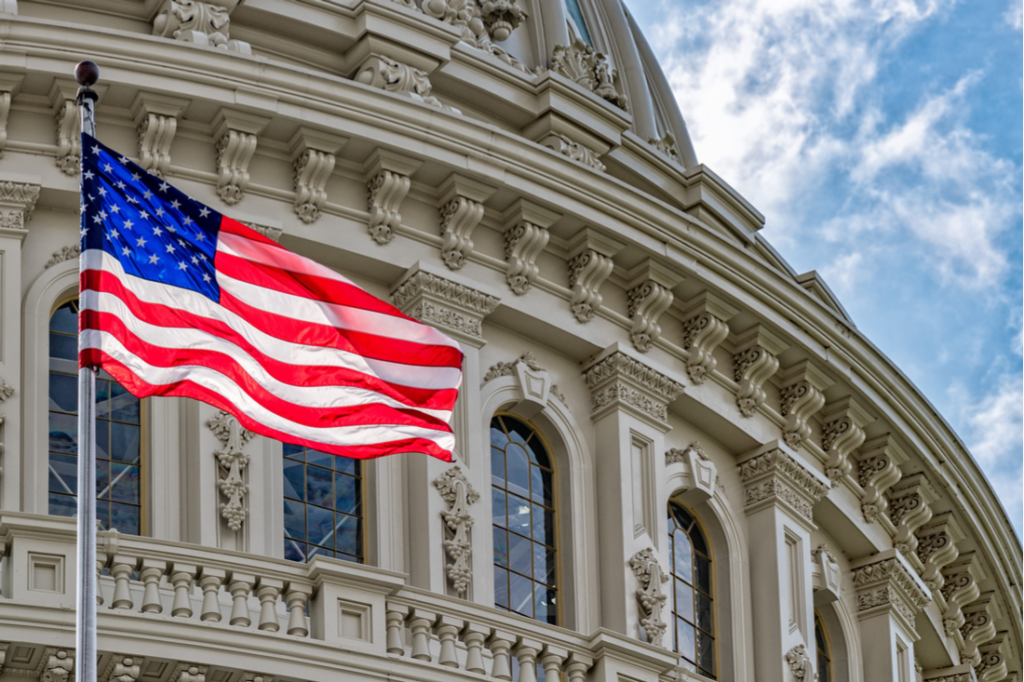
Our nation is in the midst of a hyper-partisan era, which makes it difficult for lawmakers to legislate and meet the needs of the American people, but the incoming 116th Congress provides a unique opportunity to make the institution more efficient and effective. BPC Action is advocating for a set of reforms, including the creation of a new Committee on the Organization of Congress, to revitalize the governing process.
These recommendations, which are ripe for bipartisan action, will improve the political process, particularly in a polarized atmosphere.
Recommendations for Congressional Reform
Recommendations from the Commission on Political Reform
BPC’s Commission on Political Reform, which includes former Senate Majority Leaders Tom Daschle and Trent Lott, former Representative and Secretary Dan Glickman, and former Senator Olympia Snowe, championed specific reforms that will make Congress work in today’s polarized political atmosphere.
Implement a New Legislative Schedule:
- The House and Senate should schedule synchronized, five-day work weeks in Washington, with three weeks in session followed by one-week state and district work periods.
Revitalize the Committee Process:
- Important legislation shouldn’t be brought to the floor without the benefit of committee deliberations and a full report.
Build Bipartisanship:
- Joint party caucuses and joint chamber caucuses should plan periodic meetings and informal gatherings to discuss areas for legislative cooperation and build relationships across the aisle.
Give Members a Say:
- Bills should be posted a minimum of three days in advance of a vote to allow sufficient time for members and the public to read and discuss measures.
Adopt a Biennial Budget:
- Congress should adopt a biennial budget process that includes two-year budget resolutions and appropriations bills.
Revive Ethics in Campaign Spending:
- Congress should pass legislation requiring detailed disclosure of spending by congressional leadership PACs and mandating that leadership PAC funds be used solely for political activities (such as donations to other candidates) and not for personal use.
Strengthening Representative Democracy by Reinstating Congressionally Directed Spending
Congressionally directed spending has understandably been the target of derision due to past abuses. At the same time, when done with transparency and accountability, earmarks reflect a core aspect of our democracy: the Constitution delegates power over spending to the legislative branch, which allows federal lawmakers to direct resources toward constituent priorities.
In his testimony before the House Rules Committee earlier this year, BPC President Jason Grumet describes how congressionally directed spending can actually strengthen our representative democracy, dispels the common misconceptions around congressionally directed spending, and offers approaches for reform. In a Roll Call op-ed, he wrote on how congressionally directed spending can help tackle the national debt, which is now over $20 trillion.
Congress should immediately reform and reclaim this important constitutional prerogative so that elected officials, who are directly accountable to voters and have firsthand understanding of the needs of their district, are making critical spending decisions, and to ensure public trust in the congressionally directed spending process.
Revitalizing Congress through the Select Committee on the Modernization of Congress
Revitalizing Congress through the Select Committee on the Modernization of Congress
With Americans increasingly frustrated with Washington, the time is ripe for Congress to help rebuild public trust and restore individual members’ roles in the legislative-making process. With the House’s creation of the Select Committee on the Modernization of Congress, the institution has a unique opportunity to come together across party lines to implement holistic reforms.
There are a multitude of issues that this committee can examine, including an updated congressional schedule and strengthened committee authority, but it must have these essential components to have a lasting impact on the institution:
- Committee members who are committed to putting reforms over politics
- Dedicated, sufficient funding and staff to allow for substantive impact
- Recommendations that are acted upon expeditiously by committees of jurisdiction
- Commitment from House leadership to vote on proposed reforms on the floor
- The creation of a similar committee in the Senate to provide a comprehensive revitalization of Congress
RESOURCES:
- Op-Ed from R Street Institute’s Casey Burgat and Kevin Kosar: OK, so the House wants to reform itself? Here’s what it should really do.
- Recommendations from BPC’s 2014 Commission on Political Reform
- Op-Ed from BPC’s John Fortier: Congress makes bold move with new committee to fix how it runs